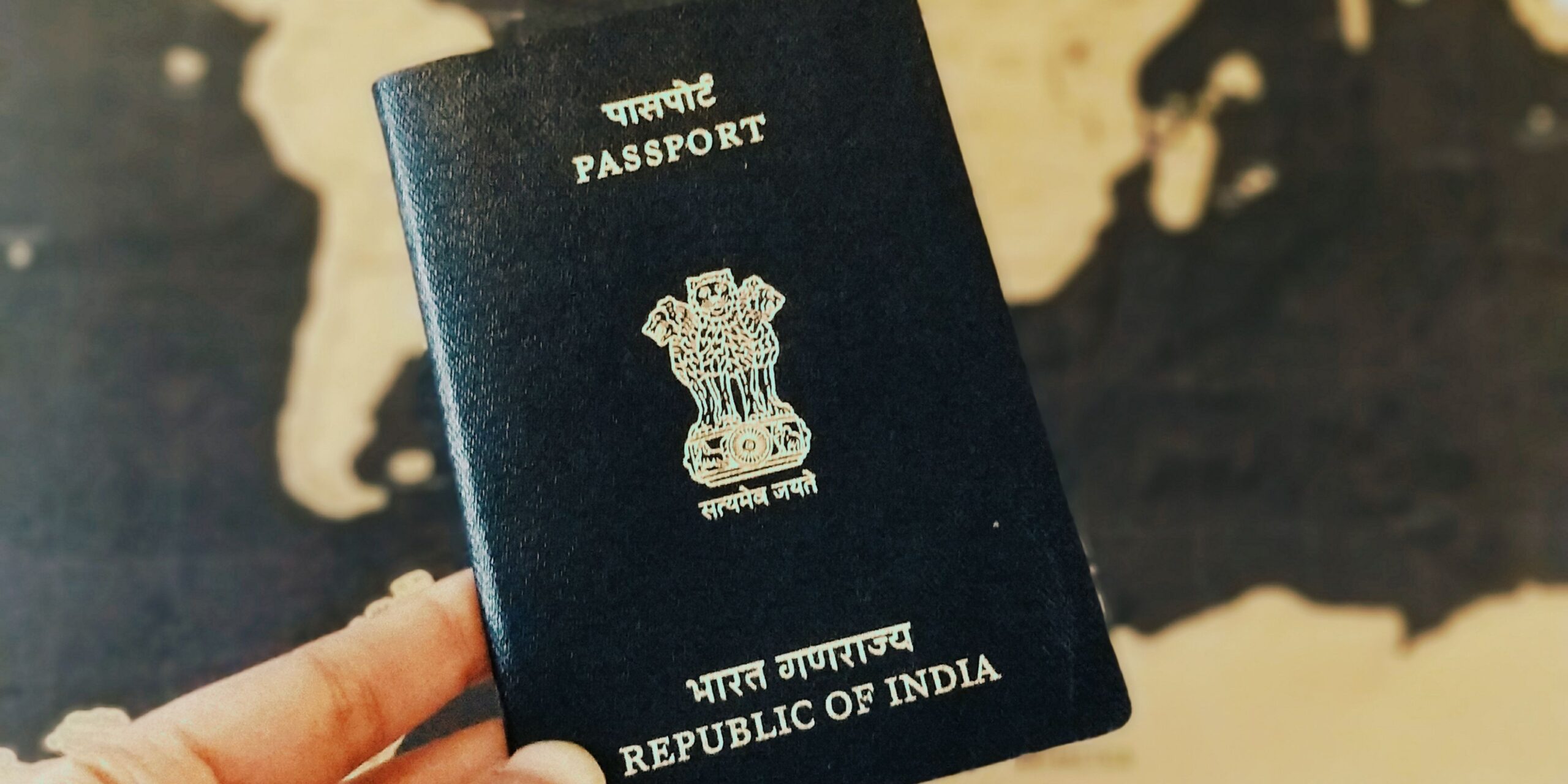Authorities in 13 districts of Gujarat, Chhattisgarh, Rajasthan, Haryana, and Punjab can accept, verify and approve citizenship applications from non-Muslims- Hindus, Sikhs, Jains, Buddhists, Parsis, and Christians hailing from Pakistan, Afghanistan, and Bangladesh, the Union home ministry said in a notification on Friday.
The Union home ministry issued a notification in this effect for immediate implementation of the order under the Citizenship Act 1955 and Rules framed under the law in 2009 even though the rules under the Citizenship Amendment Act (CAA) enacted in 2019 are yet to be framed by the government.
“In exercise of powers conferred under Section 16 of the Citizenship Act, 1955 (57 of 1955), the central government hereby directs that powers exercisable by it for registration as citizen of India under Section 5, or for grant of certificate of naturalisation under section 6 of the Citizenship Act 1955 in respect of any person belonging to minority community in Afghanistan, Bangladesh and Pakistan namely, Hindus, Sikhs, Buddhists, Jains, Parsis and Christians, residing in the districts mentioned and the states mentioned below….,” read the latest home ministry notification.
District collectors at Morbi, Rajkot, Patan and Vadodara in Gujarat; Durg and Balodabazar in Chhatisgarh; Jalore, Udaipur, Pali, Barmer and Sirohi in Rajasthan; Faridabad in Haryana and Jalandhar in Punjab, have been given powers to carry out the process of verification of the applications for citizenship.
Similar powers have been given to the home secretaries of Haryana and Punjab.
In 2018, the Centre had granted similar powers to collectors and home secretaries of Chhattisgarh, Madhya Pradesh, Gujarat, Rajasthan, Uttar Pradesh, and Delhi with regard to certain districts, The Indian Express reported.
The notification has also asked the concerned district collector and home secretary to maintain an online as well as physical register, containing details of the person registered or naturalised as a citizen of India and furnish a copy to the central government within seven days of the process.
The Citizenship Amendment Act 2019
The Citizenship Amendment Act, approved by Parliament on December 11, 2019, provides citizenship to refugees from six minority religious communities from Bangladesh, Afghanistan and Pakistan. It has been widely criticised for excluding Muslims. The Act sparked huge protests across the country that were primarily led by Muslims and opposition parties.
Coupled with the ongoing National Population Register (NPR) and a proposed National Register of Citizens (NRC), India’s Muslims, who form nearly 15 per cent of the country’s 1.3 billion population, fear that these measures are aimed at marginalising them.
Nearly 140 petitions have been filed by Muslim groups, opposition parties, and activists, who say that the CAA violates India’s secular constitution. The petitions challenging the new citizenship act are pending before India’s apex court.
Related
Rushda Fathima Khan is the Staff Reporter for The Cognate.












































